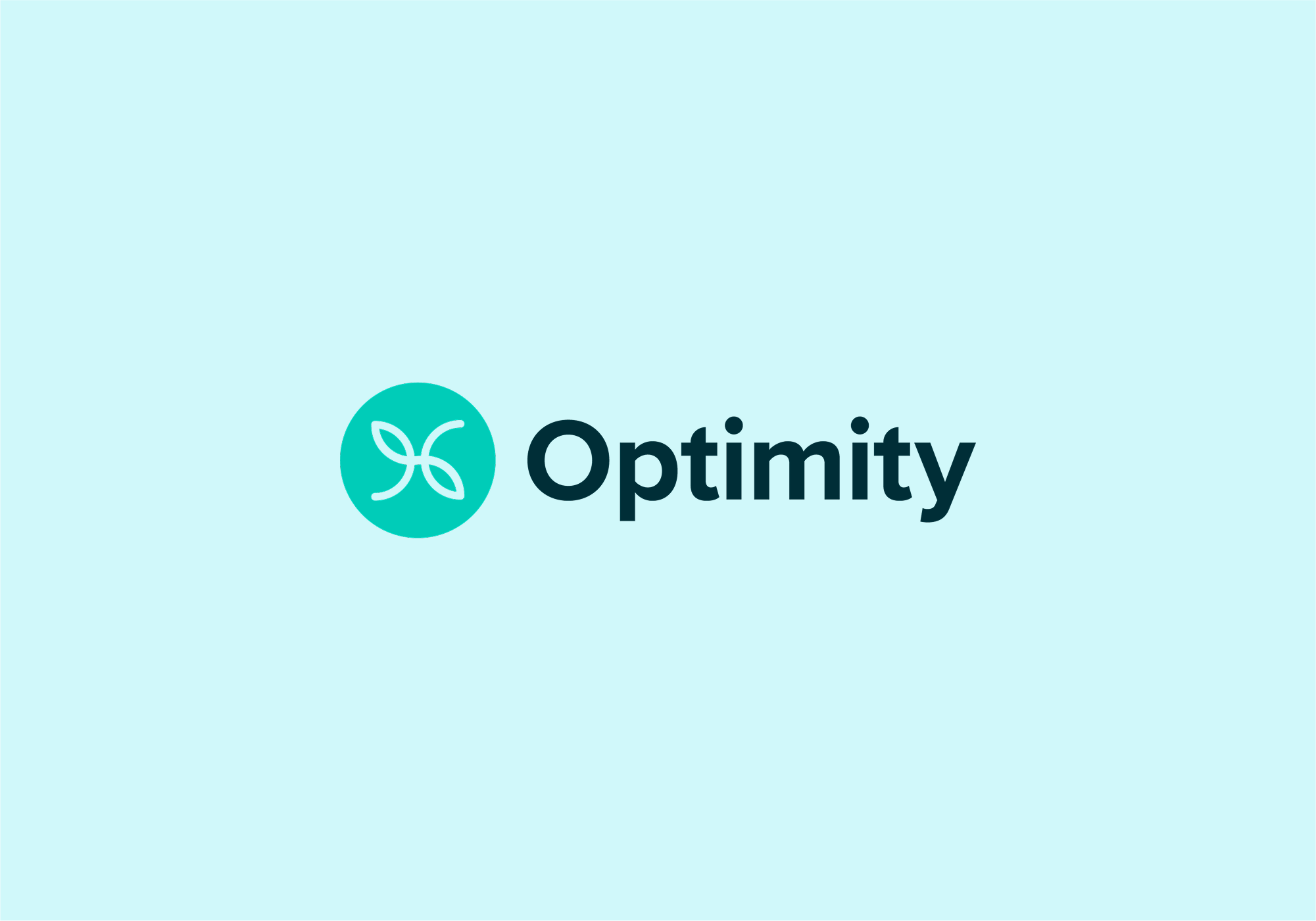Empower Your Mind: Practical Steps for Boosting Cognitive Health

Written by Team Optimity
(3 min read)
Haven’t downloaded Optimity yet? Sign up now to get healthier with our fun in-app micro-learning quizzes and activities, AND earn rewards 👉 Click here
Have you ever wondered how to optimize your cognitive well-being and empower your mind to function at its best? Welcome to the second part of our journey towards enhanced cognitive health and brain fitness! In our previous blog, we explored the essence of cognitive well-being and the science behind brain fitness. In this blog, we'll delve into practical steps rooted in scientific research that you can integrate into your daily life. These strategies will help you boost your cognitive health and empower your mind to function at its best. So, buckle up and get ready to unleash your inner genius!
Lifestyle Choices for Cognitive Health
Let's start with the choices you make in your daily life – choices that wield considerable influence over your cognitive well-being. Scientific evidence supports the importance of nutrition, specifically the inclusion of omega-3 fatty acids and antioxidants in your diet. These nutrients, found in foods like fatty fish (e.g., salmon, mackerel), nuts, and leafy greens, play a vital role in maintaining brain cell integrity and combating oxidative stress, a contributor to cognitive decline.
In addition to these, consider incorporating foods rich in flavonoids, such as berries and dark chocolate, into your diet. Flavonoids have been associated with improved cognitive function and memory.
In spite of this, high blood sugar levels, often associated with diabetes, can impair cognitive function and increase dementia risk. So, maintain a balanced diet to keep your blood sugar levels in check.
When it comes to physical activity, consider activities like brisk walking, swimming, or cycling. These aerobic exercises increase blood flow to the brain, supplying essential nutrients and oxygen. This process supports the growth of new neurons and the formation of neural connections, particularly in regions responsible for memory and decision-making.
Regarding sleep, aim for 7-9 hours of quality sleep each night. Scientifically, this duration allows you to go through multiple sleep cycles, including deep sleep, which is crucial for cognitive restoration. Maintain a regular sleep schedule, and create a comfortable sleep environment to optimize sleep quality.
It's also worth noting that high blood pressure, high levels of LDL cholesterol, and excessive drinking can all be detrimental to cognitive health. Keep these risk factors in check through regular medical check-ups and healthy lifestyle choices.
Cognitive Stimulation and Engagement
Transitioning from lifestyle choices, we delve into cognitive stimulation – essentially a workout for your brain. Scientifically, this concept is grounded in neuroplasticity, the brain's remarkable ability to adapt and reorganize itself. Engaging in activities that challenge your mind, such as puzzles, crossword puzzles, learning a new language or musical instrument, and strategic games like chess, stimulates neuroplasticity. This leads to the strengthening of neural pathways and the formation of new connections, ultimately enhancing cognitive abilities.
Lifelong learning plays a pivotal role in building cognitive reserves. Examples of lifelong learning include enrolling in courses or workshops related to your interests, exploring new subjects at your local library or online, or taking up a new hobby that involves acquiring knowledge and skills.
Sleep and Stress Management
Returning to the realm of sleep, we emphasize its critical role in cognitive health. Scientifically, sleep serves as the period when the brain undertakes essential maintenance tasks. Deep sleep activates the glymphatic system, responsible for clearing away waste products, including beta-amyloid, which is associated with neurodegenerative diseases.
To improve sleep quality, establish a regular sleep schedule, avoid caffeine and heavy meals before bedtime, and create a comfortable sleep environment with a cool, dark room and a supportive mattress. For even more sleep tips, check out our sleep blog.
Now, let's address stress management – a crucial aspect of cognitive health. Chronic stress can have detrimental effects on the brain, particularly on the hippocampus, a region crucial for memory. Stress hormones like cortisol can impair its function. Moreover, stress promotes inflammation in the brain, a factor linked to cognitive decline.
Effective stress management techniques include mindfulness meditation, deep breathing exercises, progressive muscle relaxation, and yoga. Incorporate these practices into your daily routine to reduce stress and support cognitive function. For more stress management techniques, check out our breathing exercises blog.
Social Interaction and Connection
Lastly, we delve into the significance of social interactions, supported by both science and human nature. Meaningful relationships provide not only emotional support but also intellectual stimulation, contributing to cognitive well-being. Scientifically, social interactions activate brain regions responsible for social cognition, empathy, and emotional regulation. These interactions stimulate neural networks, enhancing cognitive resilience and overall mental well-being.
Examples of social activities that foster cognitive health include joining clubs or groups related to your interests, participating in team sports or classes, volunteering, or attending social gatherings and events.
In this blog, we've explored actionable strategies deeply rooted in scientific understanding. By integrating these evidence-based approaches into your lifestyle, you empower your mind to function optimally. With improved cognitive health and brain fitness, you're better equipped to navigate life's challenges and embrace its opportunities.
Stay tuned for our next blog, where we'll dive into how to build daily routines to enhance your cognitive health and brain fitness. Get ready to unlock more secrets to unleash your inner genius!
Looking to stimulate your mind? Check out these Amazon deals on brain health games:
Join the conversation: Have any other mentally stimulating tips? Comment them below👇





